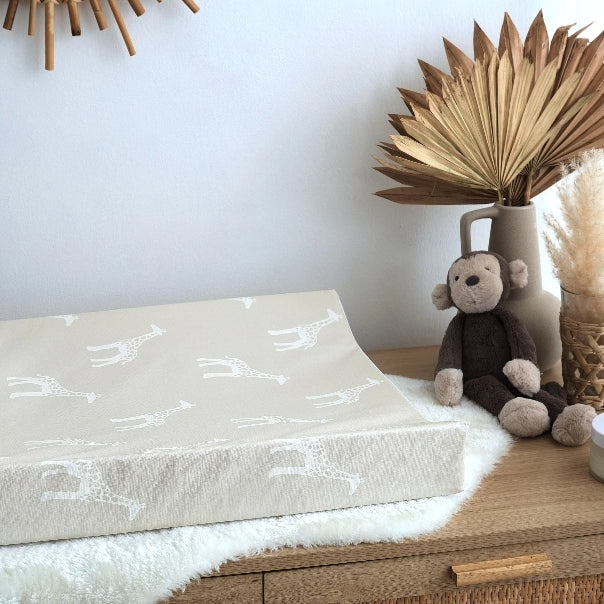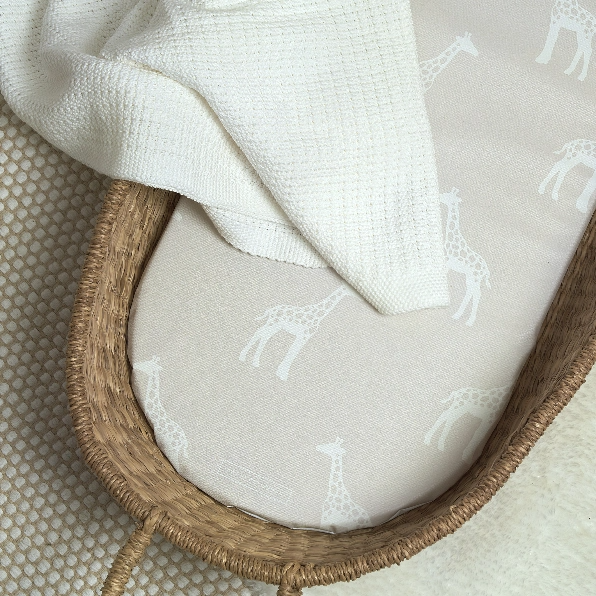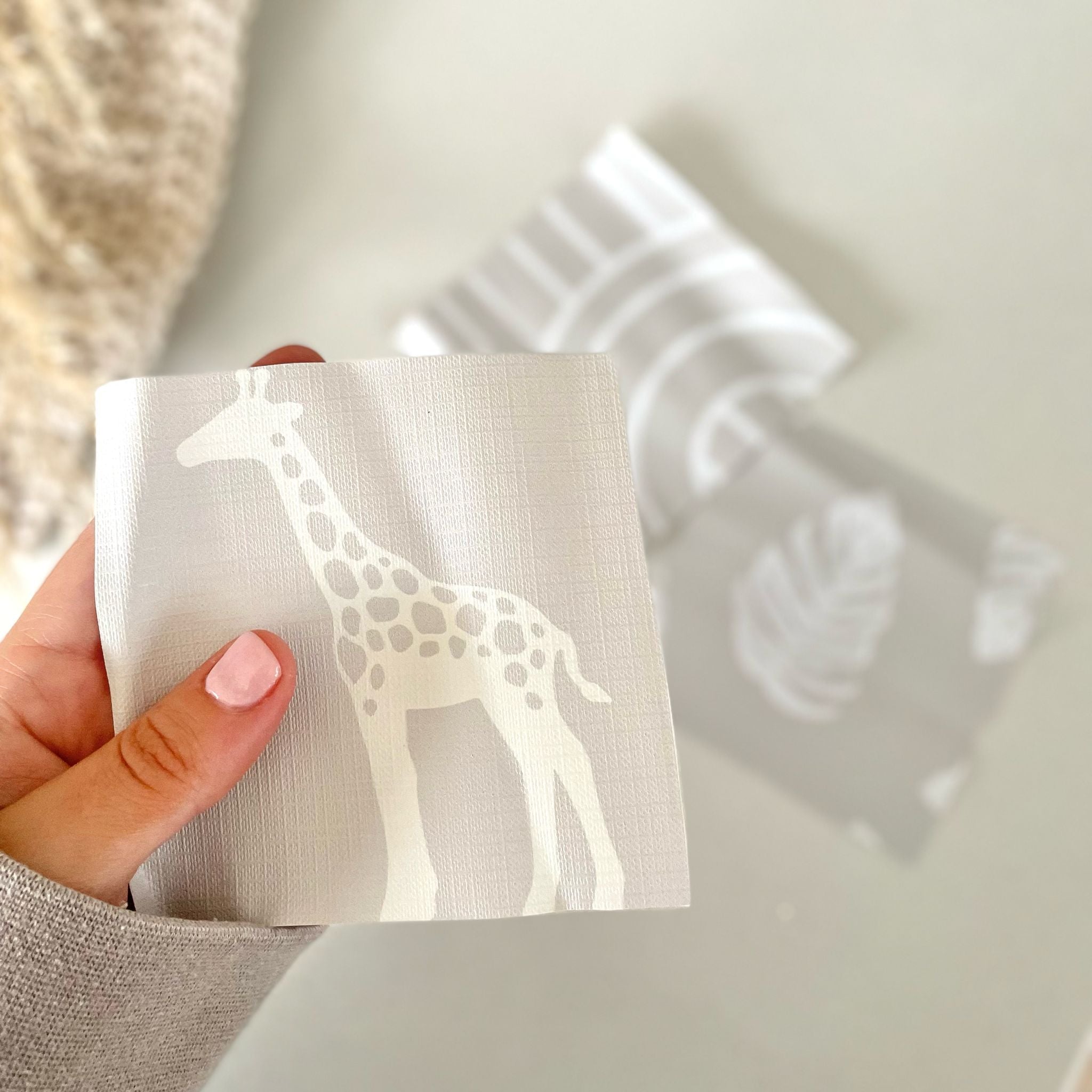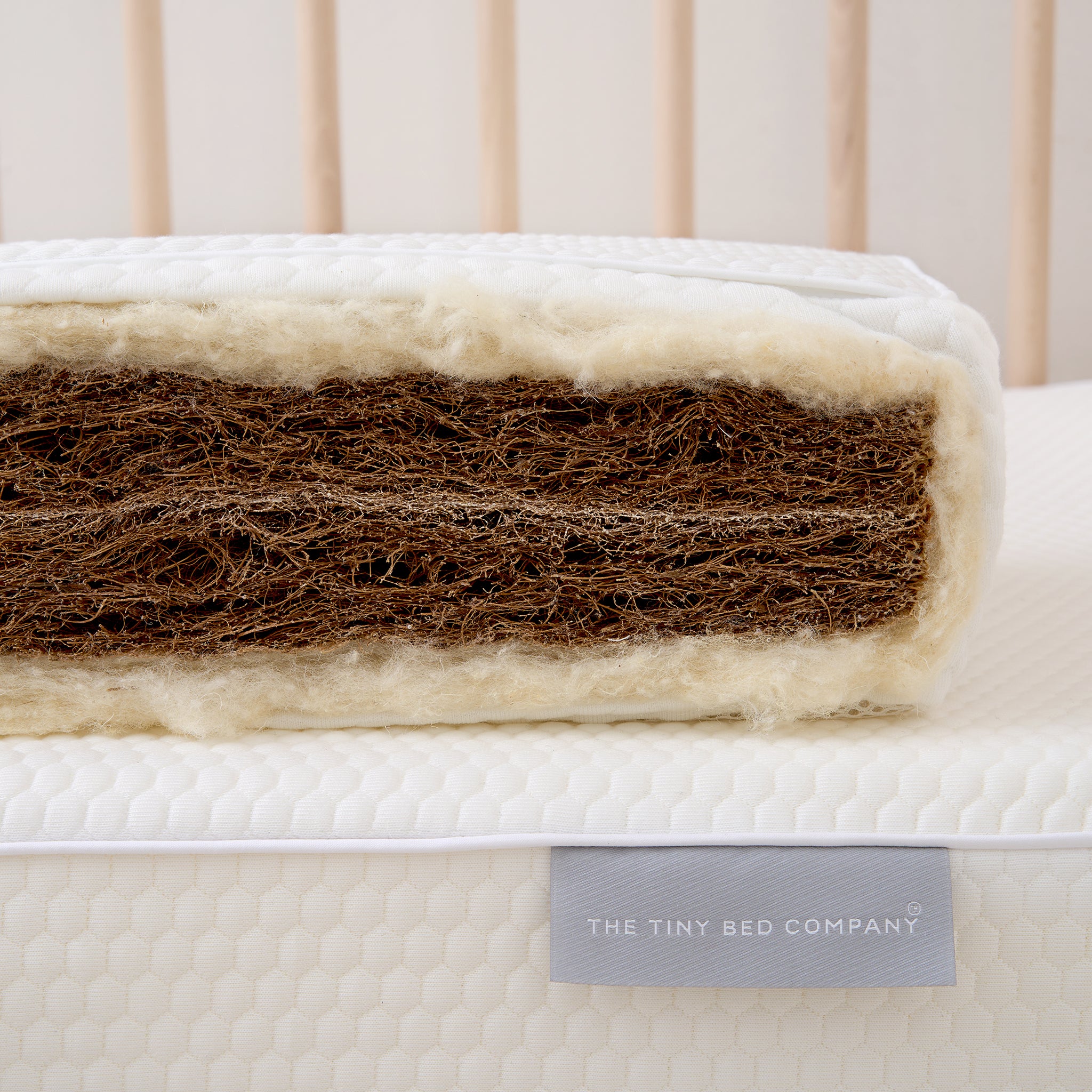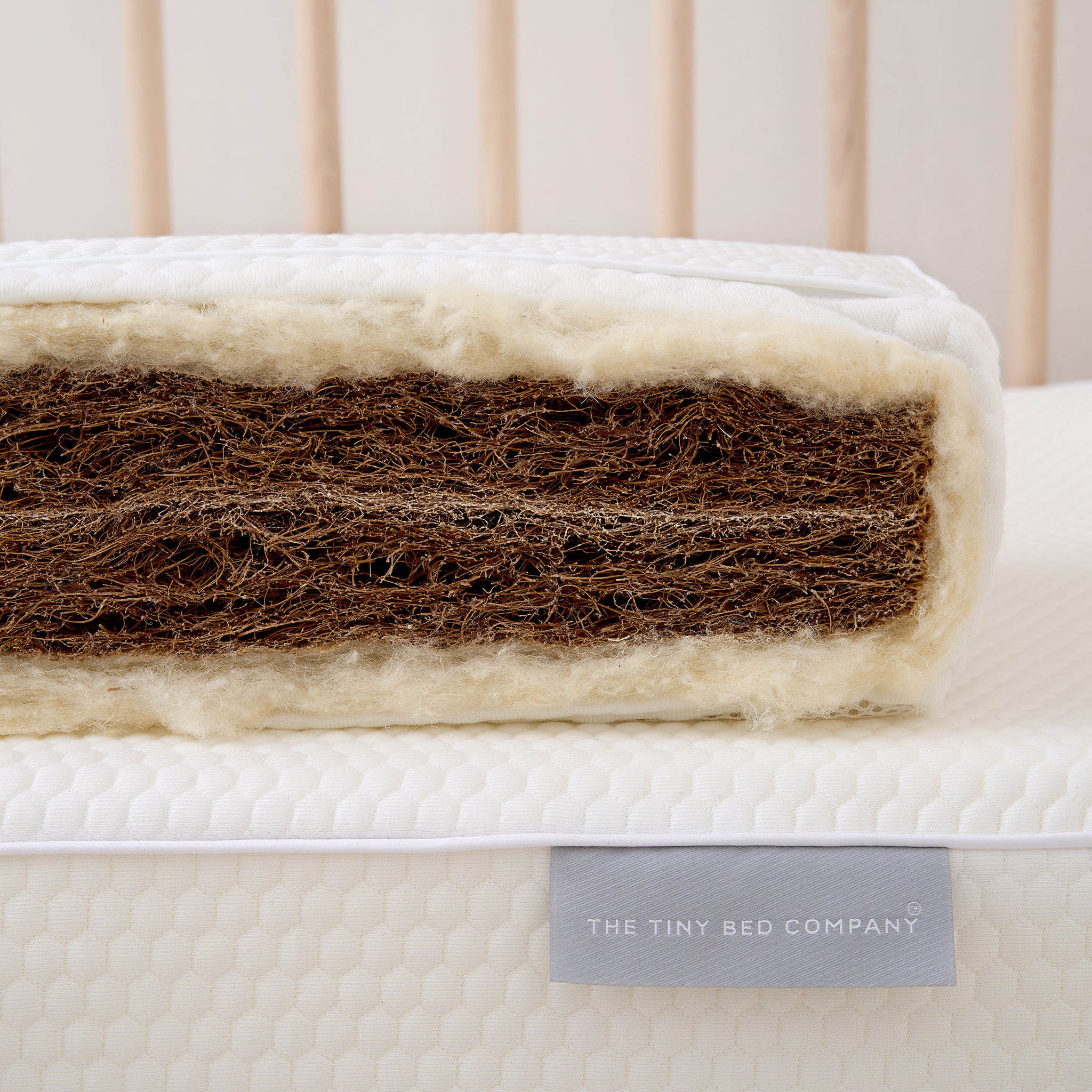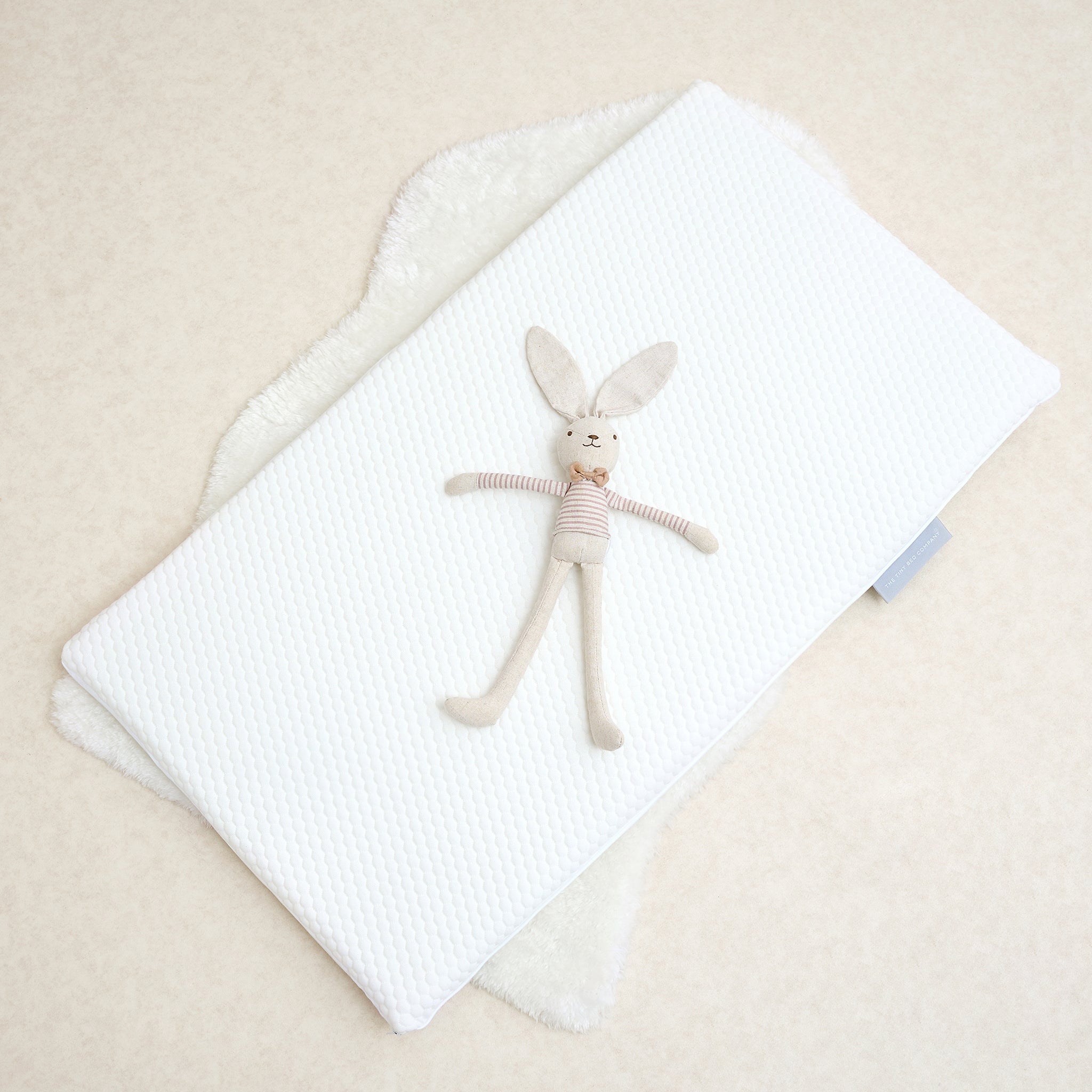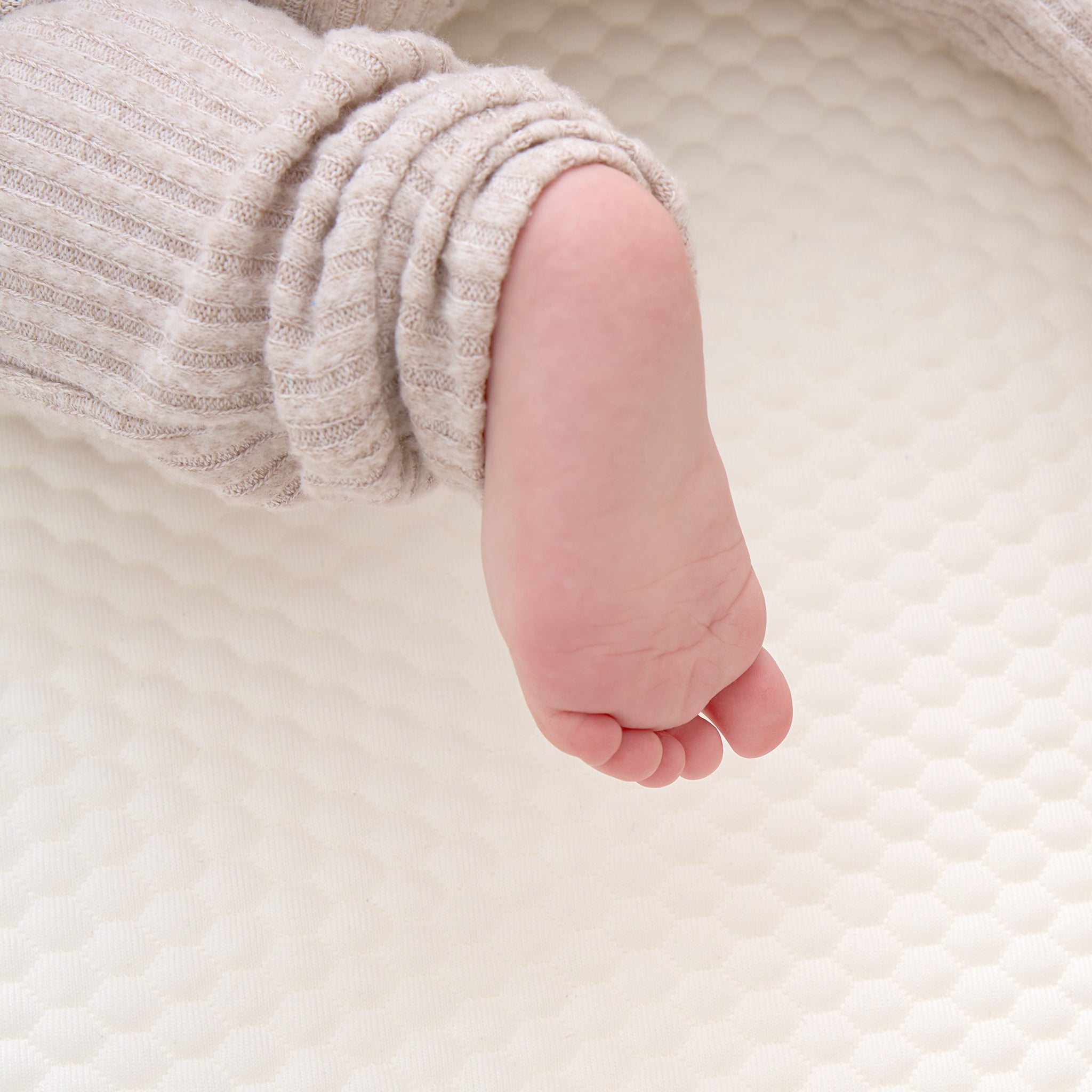Colostrum: Nature's First Food for Newborns
As a new parent, you’ve probably heard the term “colostrum” mentioned during antenatal classes or from midwives, but what exactly is it, and why is it so important for your baby? Colostrum, often referred to as ‘liquid gold’ due to its rich colour and benefits, is the first form of breast milk produced by your body in the initial days after birth. It’s packed with essential nutrients and antibodies that give your newborn the best possible start in life.
In this blog, we’ll explore what colostrum is, why it’s so vital, and how it sets the foundation for your baby’s health.
What Is Colostrum?
Colostrum is the thick, yellowish milk that is produced in the late stages of pregnancy and continues for the first few days after birth. Unlike the milk that follows, colostrum is produced in small amounts – typically only a few teaspoons at a time. Don’t be alarmed by this; the quantity is perfect for your baby’s tiny stomach, which is about the size of a marble when they’re first born.
This early milk is particularly dense in nutrients and antibodies, specifically designed to protect and nourish your newborn as they adapt to life outside the womb.
Why Is Colostrum So Important?
Colostrum plays a crucial role in supporting your baby’s immune system and overall development in the following ways:
1. Immune Support
Colostrum is rich in antibodies which helps protect your baby from infections. This is especially important for newborns as their immune systems are not yet fully developed. Colostrum helps build that immunity, offering protection against common illnesses and viruses that your baby may be exposed to.
2. Nutrient-Dense
Despite its small volume, colostrum is highly concentrated with essential nutrients like proteins, vitamins, and minerals. It’s low in fat and high in carbohydrates, making it easy for your baby to digest. Colostrum is also a great source of white blood cells, which help fight infections and diseases in these crucial first days of life.
3. Supports Healthy Gut Development
Colostrum acts as a natural laxative, helping your baby to pass their first stool, known as meconium. This early bowel movement helps to rid their body of waste and reduces the risk of jaundice. The proteins in colostrum also help seal the lining of your baby’s intestines, creating a protective barrier that prevents harmful bacteria from entering the bloodstream.
4. Promotes Healthy Growth
Packed with growth factors, colostrum plays a important role in helping your baby’s organs develop properly. These growth factors also support the maturation of the digestive system, preparing it to digest breast milk or formula later on. This early boost sets a strong foundation for healthy development in the weeks and months ahead.
How to Encourage Colostrum Production
Your body naturally produces colostrum in the final weeks of pregnancy, but after your baby is born, frequent feeding or pumping can stimulate your breasts to release more.
Skin-to-skin contact can also help stimulate milk production and encourage your baby to latch on. Holding your baby against your chest as soon as they’re born is not only a beautiful bonding experience but also a practical way to help your baby start feeding.
When Does Colostrum Transition to Mature Milk?
Usually, by day 3 to 5 after birth, your colostrum will gradually transition to mature milk. Mature milk is whiter and thinner in consistency compared to the rich, golden colostrum.
Can You Store Colostrum?
Yes! Some parents choose to express and store colostrum before birth. Colostrum can be expressed by hand and stored in a sterilised container in the freezer.
Final Thoughts
Colostrum is one of nature’s most powerful gifts, providing newborns with the perfect mix of nutrients, immunity, and growth factors needed in their first days of life. While small in volume, its impact is significant, helping to build a strong foundation for a baby’s health and well-being.
For new parents, it is natural to have questions about feeding. It is important to remember that a fed baby is what matters most, regardless of the feeding choice made. Trusting the process and seeking guidance or support from a midwife or local lactation consultant, if needed, can be beneficial.

